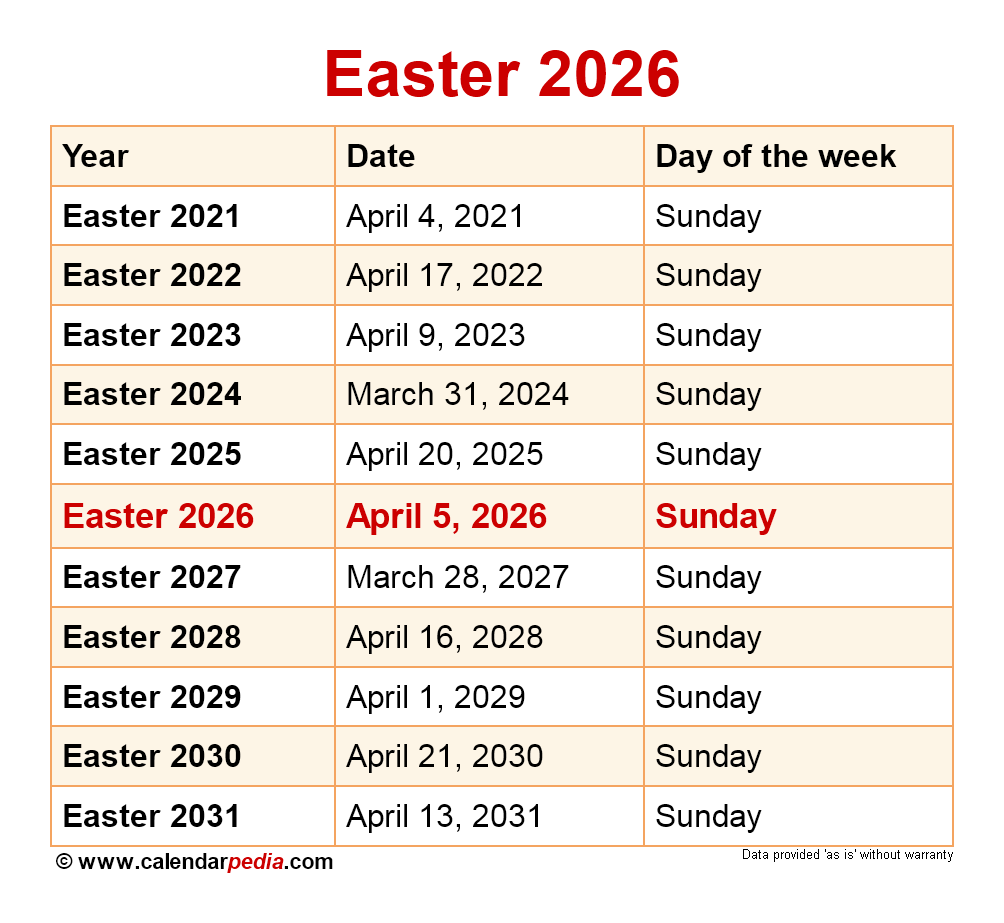Passover 2024 is set to be a significant period, marked by rich traditions and cultural significance for both Jewish and Christian communities. Understanding the intersection of these two important holidays—Passover and Easter—can deepen our appreciation for their respective histories and meanings. In this article, we will explore the dates, traditions, and theological connections between Passover 2024 and Easter.
The Jewish festival of Passover commemorates the liberation of the Israelites from Egyptian slavery, while Easter celebrates the resurrection of Jesus Christ. Both holidays are rooted in ancient traditions and have evolved over centuries, reflecting the cultural and spiritual journeys of their adherents. As we delve into the details of Passover 2024 and its relationship with Easter, we aim to provide insights that foster understanding and respect between these two faiths.
In this article, we will cover the essential aspects of Passover 2024, including its dates, customs, and how it relates to Easter celebrations. We will also provide a thorough analysis of the significance of these holidays, their historical contexts, and the implications for modern observances. Let’s embark on this enlightening journey!
Table of Contents
- Passover 2024 Dates
- Easter 2024 Dates
- Historical Significance of Passover and Easter
- Traditions of Passover
- Traditions of Easter
- Theological Connections Between Passover and Easter
- Impact on Modern Celebrations
- Conclusion
Passover 2024 Dates
Passover, or Pesach, begins on the evening of April 22, 2024, and lasts until the evening of April 30, 2024. This eight-day festival is celebrated by Jewish communities worldwide and marks the beginning of the Jewish month of Nisan. The first two and last two days are particularly significant, often marked by special meals and rituals.
Easter 2024 Dates
Easter Sunday in 2024 falls on March 31. The date is determined based on the first Sunday following the first full moon after the vernal equinox, a method established by the Council of Nicaea in 325 AD. The Easter season extends through the Easter Octave, which lasts for eight days, culminating in Divine Mercy Sunday.
Historical Significance of Passover and Easter
The history of Passover dates back over 3,000 years to the Exodus of the Israelites from Egypt, as recounted in the Book of Exodus. It is a time of reflection on freedom and redemption, emphasizing the importance of remembering the past to ensure a better future.
Easter, on the other hand, commemorates the resurrection of Jesus Christ, which is central to Christian faith. The resurrection is viewed as the ultimate triumph over sin and death, symbolizing hope and new beginnings.
Similarities and Differences
While both holidays share themes of liberation and renewal, they differ significantly in their religious significance and rituals. Passover focuses on historical events and the importance of community, while Easter emphasizes personal faith and the promise of eternal life.
Traditions of Passover
The traditions of Passover are rich and varied, with several key practices observed by Jewish families:
- Seder Night: The Seder is a ceremonial dinner held on the first two nights of Passover, featuring special foods, prayers, and readings from the Haggadah.
- Matzo: During Passover, leavened bread is forbidden, and matzo (unleavened bread) is consumed as a symbol of the haste in which the Israelites left Egypt.
- Counting of the Omer: Starting on the second night of Passover, Jews count the days leading up to Shavuot, marking the journey toward receiving the Torah.
Traditions of Easter
Easter traditions vary widely among Christian denominations, but several common practices include:
- Easter Vigil: Many churches hold a vigil on the night before Easter Sunday, featuring scripture readings, baptisms, and the lighting of the Paschal candle.
- Easter Eggs: The custom of decorating and hunting for Easter eggs symbolizes new life and resurrection.
- Sunrise Services: Many Christians attend sunrise services to commemorate the moment of Jesus' resurrection.
Theological Connections Between Passover and Easter
Both Passover and Easter are deeply intertwined in their theological implications. For Christians, the Last Supper, which is celebrated on Maundy Thursday, is traditionally understood as a Passover meal. During this meal, Jesus instituted the Eucharist, linking the themes of sacrifice and redemption.
Moreover, the symbolism of the Paschal lamb in Passover is often connected to Jesus, referred to as the "Lamb of God" in Christian theology. This connection is pivotal in understanding the significance of Jesus’ sacrifice and resurrection.
Impact on Modern Celebrations
In contemporary society, both Passover and Easter continue to be celebrated with great fervor, reflecting their cultural and religious importance. Interfaith dialogues often emerge during this time, fostering greater understanding and respect between Jewish and Christian communities.
Many families blend traditions from both holidays, creating unique celebrations that honor their heritage while embracing the values of freedom and renewal.
Conclusion
In summary, Passover 2024 and Easter are significant holidays that celebrate themes of liberation, sacrifice, and renewal. By understanding the historical and theological connections between these two observances, we can appreciate the depth of their meanings and the shared values they represent.
We encourage readers to engage with their local communities during these holidays, participate in discussions, and learn from one another’s traditions. Share your thoughts in the comments below, and feel free to explore our other articles for more insights into cultural and religious celebrations.
Thank you for joining us on this exploration of Passover 2024 and Easter. We hope to see you again for more enriching content!


